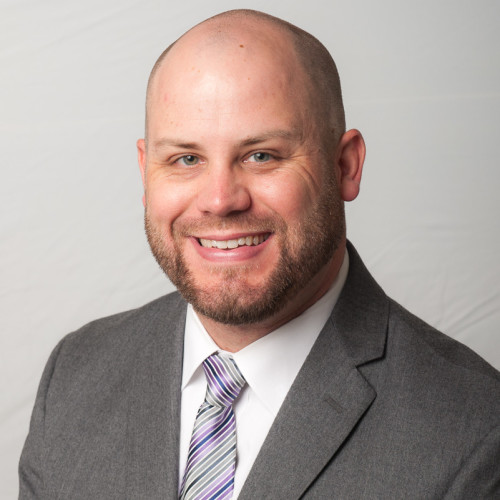Are you conducting a remote Board meeting this week? If so, read this. New Open Meetings Act (“OMA”) requirements were signed into law on Friday. We recently shared these requirements with you when they were in bill form, as Senate Bill 2135, but they have since been signed into law as P.A. 101-640 and are in effect immediately.
This new law amends OMA to allow a public body to hold both open and closed meetings via audio or video conference without the physical presence of a quorum of board members, provided the following conditions are met:
- A disaster proclamation has been issued by either the Governor or the Director of the Illinois Department of Public Health related to public health concerns because of a disaster as defined in Section 4 of the Illinois Emergency Management Agency Act, and all or part of the jurisdiction of the public body is covered by the disaster area.
- The head of the public body determines that an in-person meeting or a meeting conducted under OMA is not practical or prudent due to the disaster.
- All members of the body participating in the meeting, wherever their physical location, are verified and can hear one another and can hear all discussion and testimony.
- For open meetings, members of the public present at the regular meeting location can hear all discussion and testimony and all votes of the members of the body. If the public’s attendance at the regular meeting location is not feasible due to the disaster, then the public body must make alternative arrangements and provide notice to the public to ensure that any interested member of the public has contemporaneous access to the meeting and can hear all discussion, testimony, and roll call votes, such as by offering a telephone number or web-based link. (Note: The Governor’s May 29, 2020, Disaster Proclamation states that, for purposes of this law, the Governor finds that the public health concerns at issue in the Proclamation render in-person attendance of more than ten people at the regular meeting location not feasible.)
- At least one member of the body, chief legal counsel, or chief administrative officer is physically present at the regular meeting location, unless infeasible due to disaster.
- All votes are conducted by roll call, so each member’s vote on each issue can be identified and recorded.
- Except in the event of a bona fide emergency, 48 hours’ notice of such a meeting must be given to all members of the public body, through posting on the website of the public body, and to any news media who has requested notice of meetings pursuant to subsection (a) of Section 2.02 of OMA.
- The public body must keep a verbatim record of all meetings–both open and closed sessions–in the form of an audio or video recording. These recordings must be made available to the public under the existing Section 2.06 of OMA, which still generally allows for confidential treatment of closed session recordings.
Each member of the public body participating in a meeting by audio or video conference is considered present at the meeting for purposes of determining a quorum and participating in all proceedings. The law also states that the public body is responsible for bearing all costs associated with remote meeting compliance.
Along with various other amendments relevant to the COVID-19 pandemic, SB 2135 also delays certain deadlines for filing statements of economic interest under the Illinois Governmental Ethics Act. Specifically, those who were required to file on or after March 17, 2020, now have until August 1, 2020 to do so.
We will continue to update you with the status of this pending legislation and remote meetings/OMA issues. Please contact Heather Brickman, Steve Richart, Jeff Goelitz, or any of our attorneys with questions regarding these requirements.




